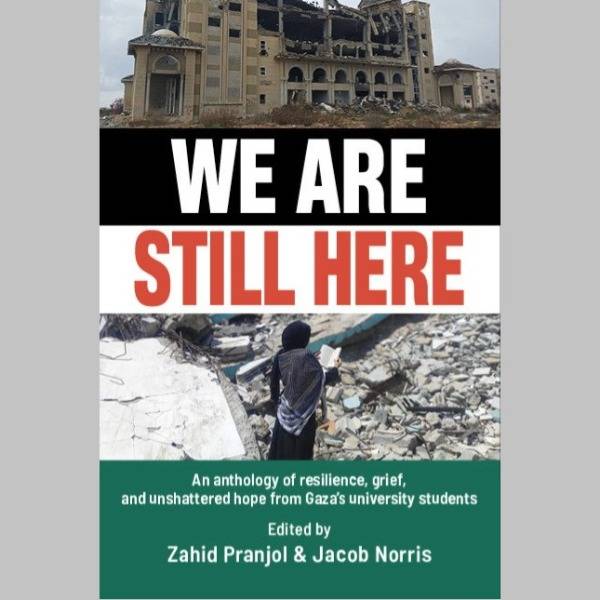
This article is a preview from the Spring 2019 edition of New Humanist
When Words Fail: A Life With Music, War And Peace (Granta) by Ed Vulliamy
Ed Vulliamy has seen more than his fair share of things that defy words. The veteran former Guardian reporter covered – among other events – wars in Bosnia-Herzegovina and Iraq, and the al-Qaeda attack on New York of 11 September 2001. When Words Fail is sort of a memoir of those experiences, yet sort of not. It is also a contemplation of the soundtrack which he has set to his experiences, and a meditation on how and why music can function as an articulation of horror, and sanctuary from it, in a way that prose cannot.
The self-rebuke implicit in the title of When Words Fail is unfair on Vulliamy. His books on Bosnia’s war – the contemporaneous Seasons in Hell and the more recent reflection The War Is Dead, Long Live the War – are exemplary. The strengths which underpinned both of those – a limitless curiosity, an instinctive knack for locating the relatable character or storyline which reveals the bigger picture, an understated rage – are abundant here, to an extent which almost undermines the book’s central conceit. Words fail Vulliamy rarely, and he doesn’t let them down either.
Vulliamy begins with an unbearably picturesque tableau, set in besieged Sarajevo in the hideous summer of 1993, among the citizens of a European capital being sniped at and mortared. The day before his 39th birthday, Vulliamy is reporting on a massacre: the slaughter of people struck by a shell while queueing for water in the Sarajevo suburb of Dobrinja. The following day, seeking both solace and celebration, Vulliamy goes to the city’s blacked-out National Theatre to listen to the three surviving members of the Sarajevo String Quartet – one violinist had been killed by a mortar en route to rehearsal – perform Joseph Haydn’s String Trio Op. 8 No. 6. “Every minor fall of the opening movement stirred some engraved though recent memory of blood and loss,” writes Vulliamy, “while every major lift lit some glimmer of love or cautious hope, if only because it was so beautiful in contrast to the madness without.”
This establishes a recurring theme, of finding meaning and refuge in music in circumstances where there is precious little of either to be found elsewhere. In 2003, Vulliamy finds himself in recently invaded Iraq, collecting the stories of civilian victims to an accompaniment of the only CD in his vehicle – Page & Plant’s No Quarter, specifically its 12-minute reworking of Led Zeppelin’s “Kashmir”, which Vulliamy and a colleague listen to repetitively. Later, Vulliamy follows the song to its source, asking Robert Plant what he’d been getting at when he wrote it (When Words Fail contains several conversations with artists, including Patti Smith, John Cale, Daniel Barenboim and what turned out to the last interview ever given by B. B. King).
Compelling though Vulliamy’s chronicling of modern horrors is, the liveliest parts of When Words Fail are its more carefree reminiscences of Vulliamy’s own musical journey. He writes wonderfully of that giddy and unrepeatable phase of any music fan’s life, when everything is a discovery, and when each of those discoveries propels you to still further worlds as yet unexplored. Born in London in 1954, Vulliamy finds himself at the perfect time and place to have his teenage years coincide with the great pathfinding period of electric rock’n’roll and the cultural eruptions it inspired or reflected. Vulliamy develops a precocious fascination with the rebellions of May 1968, and sees Jimi Hendrix play the Isle Of Wight Festival in 1970.
Vulliamy reaches no revelatory conclusions as to why music does what it does. On this score, he appears to recognise that there is little improving on what Marianne Faithfull said when playing at Paris’s Bataclan theatre, 12 months after it was attacked by jihadists: “It’s impossible for us to imagine what happened here a year ago, or find the right words to say. So we’ll try to say it with music . . . I don’t know why music manages that, but it just does, somehow.” Instead, When Words Fail serves as a lovingly sculpted monument to the songs and sounds that made sense, even – especially – when nothing else did.

